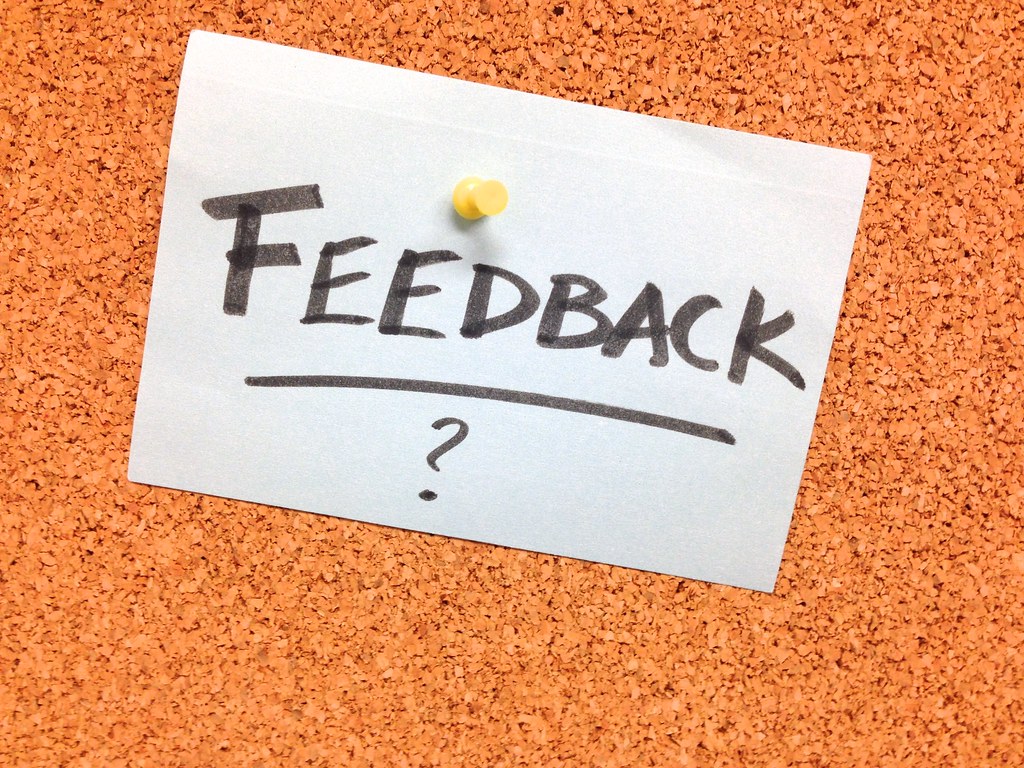Feedback Strategies
 |
| Source Link |
In this blog post today I will be discussing the different types of feedback strategies that will enable you to appreciate, look forward to and enjoy receiving feedback. So what exactly is feedback? Well, according to the dictionary it is the "information about reactions to a product, a person's performance of a task, etc. Which is used for the basis for improvement". The first of the two articles that I read was, "Try 'Feedforward' instead of Feedback", by Marshall Goldsmith. The article starts off with explaining the general feedback process within a workplace. Soon after that it says that there is a fundamental problem with this process.
It states that there with all different types of feedback that there is that it only focuses on the past, meaning what has already happened and not on the infinite variety of opportunities that can happen in the future. Basically it's suggesting that when people give or receive feedback that it's only based on the past and what has already occurred and therefore, it doesn't look to the future in terms of what the bigger picture is? The article states that as a result of this "feedback can be limited and static, as opposed to expansive and dynamic".
The writer of the article disuses this exercise that was done and the people involved had to go through a 'feedforward' process with one another and afterwords describe their experience with the process using one sentence: "This exercise was..." . The response that they received was almost overwhelmingly positive. After going through reading the process word for word on the article, I have to agree with different people's responses. I can only imagine what my experience would have been but, I'd say that this is a much better process to go by when giving or receiving about feedback because it looks to the future and not just the past and present and this is a very important thing to do in my opinion because it will guide you to move forward and know what do next. The article goes on to outline eleven reasons to try 'Feedforward', which I think is very persuasive and helpful.
The second article that I read was, "The difference between praise and feedback", by 'Anya Kamenetz'. At the beginning of this article it analysis's' the differences between 'process praise' and 'person praise'. It states that 'process praise' is much more productive and takes into account of the 'growth mindset' too. While 'person praise', is much less encouraging of 'growth mindset' because it doesn't take into account of what is actually being said. It goes on to discuss 'praise and person hood', suggesting that the idea of parental praise is manipulative and intrusive on the child and that affects young people's developing autonomy. It states that "providing helpful, detailed, encouraging feedback and appreciation requires paying attention to what kids are doing, and listening to what they are saying". I'd have to say that in my opinion that I would have to agree with this statement.
After reading both articles I do feel more confident about giving other people useful and resourceful feedback and 'feedforward'. I'm thinking that I would like to try 'feedforward' as a feedback strategy this semester because I believe that it will prove itself to be helpful in the future.
 |
| Source Link |

Comments
Post a Comment